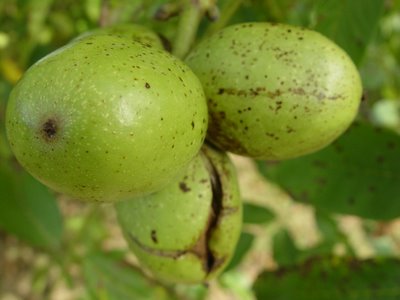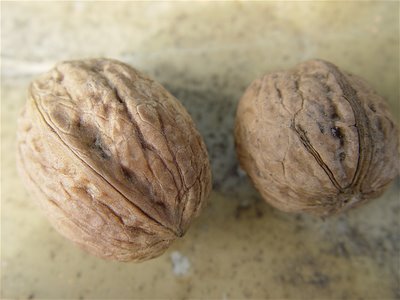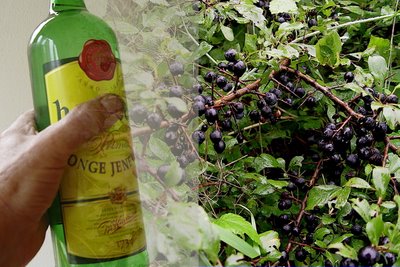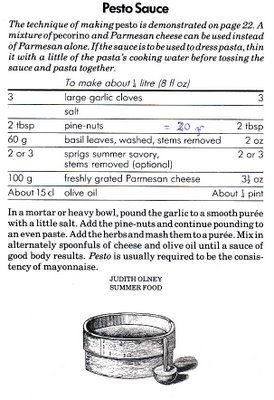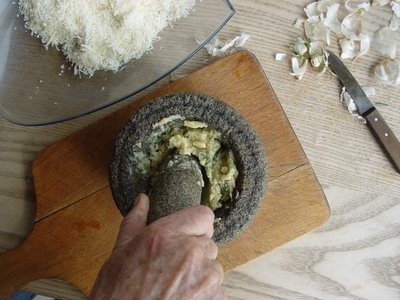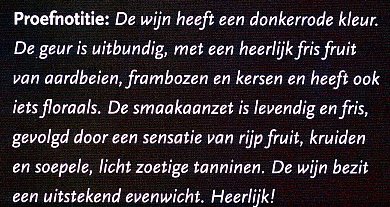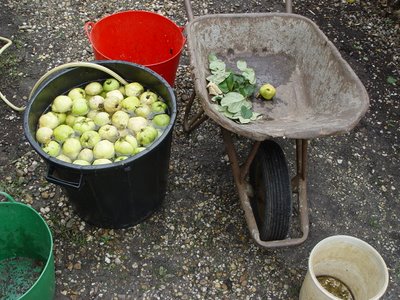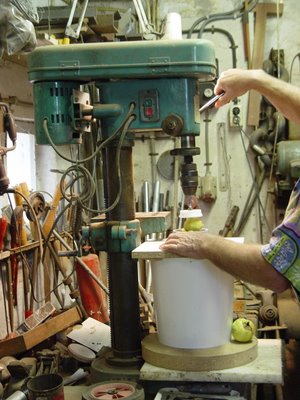Zaterdagmorgen vroeg belde het bedrijf (hier aanklikken) waar ik altijd mijn hout haal - het afvalhout dus waar ik 'leuke dingen voor de mensch' van maak - met het bericht dat er weer 'kachelhout' te halen was. Ik zegde toe, vandaag of morgen langs te komen. Het is vandaag geworden.
Hardhout is niet alleen hard maar vooral ook zwaar en om de mooie planken te krijgen moet ik tevens wat 'rotzooi' meenemen, d.w.z. veel latjes en restanten van zaagmachines. Van die latjes maak ik hekwerken en de restanten stoken we op. Valt wel mee met de rotzooi dus.
Hardwood isn't only hard, above all it's heavy, and in order to get the good boards I have to take some 'rubbish' as well, i.e. a lot of narrow slats and leftover bits and pieces from the sawing machines. The slats I use to make fences with and the rest we burn in the fireplace in the winter. That way the rubbish isn't so bad after all.
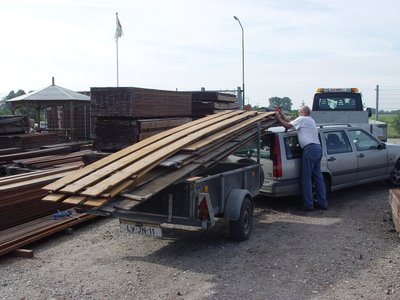
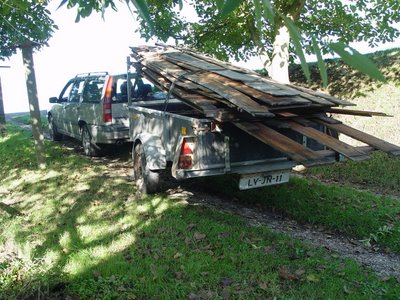
De losse planken hoeven alleen ontdaan te worden van spijkers. Maar de 'pallets' of 'borden' moeten eerst uit elkaar en dan van spijkers ontdaan.
From loose boards, you only have to remove the nails. But the 'pallets' have to be wrenched apart first, and then the nails removed.
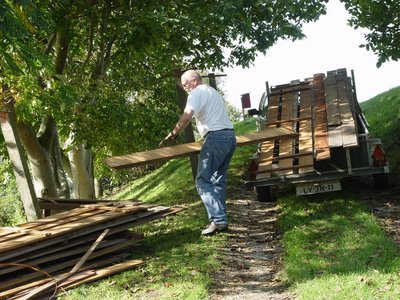
The slats go to their own spot under the nut tree; the bits and pieces go into the wheelbarrow, to be sawed into kindling wood.
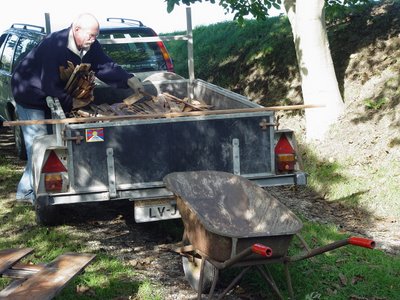
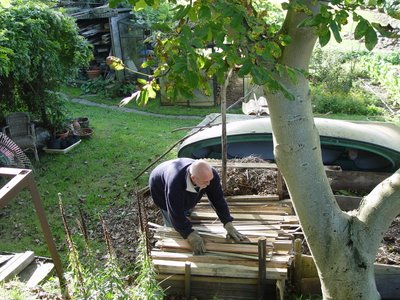
Goed voor het milieu, goed voor het exporterende land, jammer voor mij.
The good, usable boards go into storage for later; they're destined for tables, benches, stools, nesting boxes or other such 'nice things for the people'.
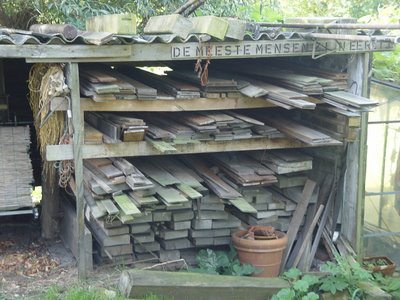
Hij kocht drie netjes vol met noten; dat is nou leuk of niet soms?
While we were busy unloading the wood a car stopped (our 'wares' weren't set outside today), the driver got out and asked: "You sell nuts, don't you?"
He bought three nets of nuts; that's nice isn't it?
